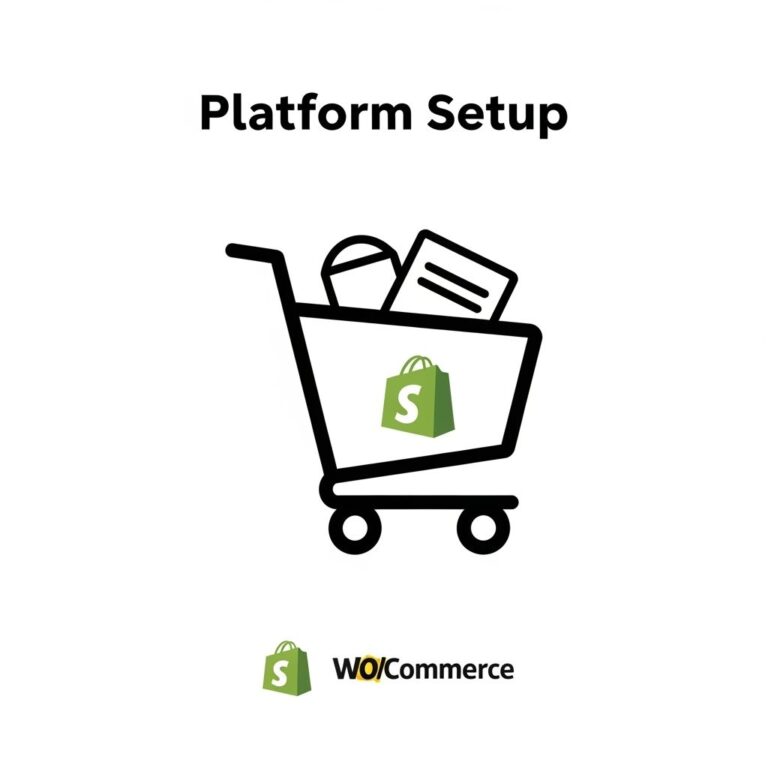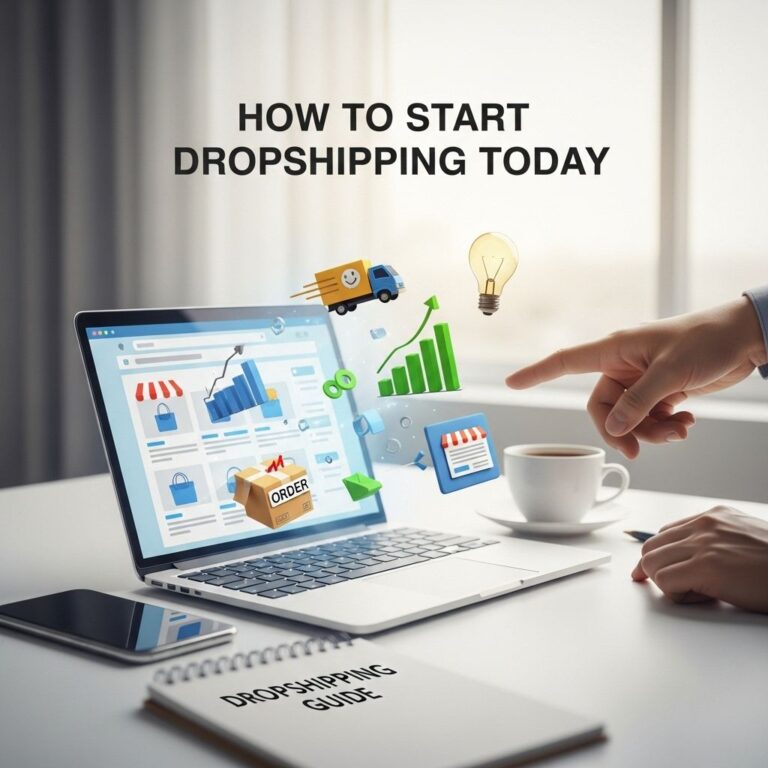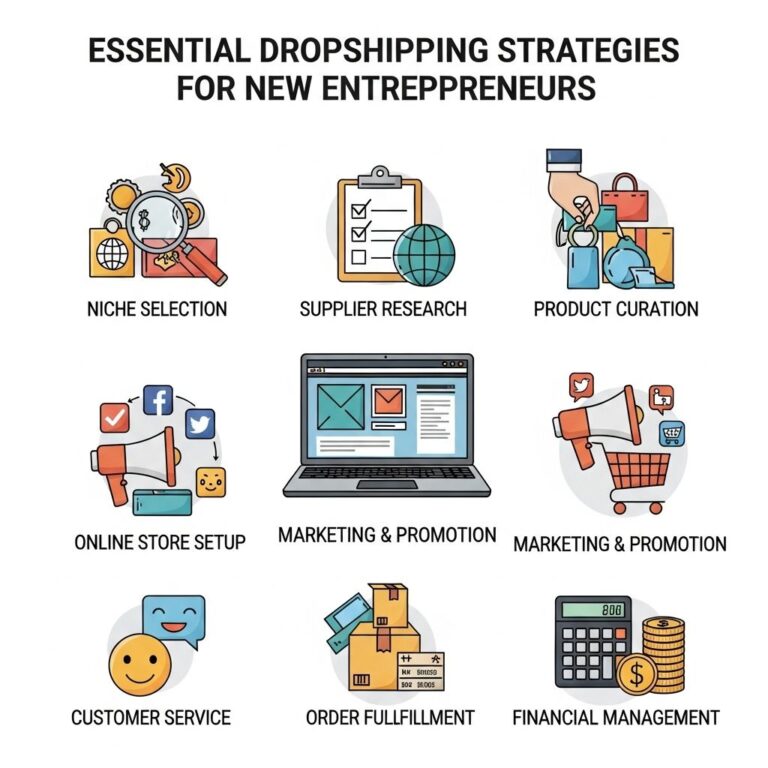Table of Contents
Understanding the Digital Marketplace
The digital marketplace is an ever-evolving entity that offers vast opportunities for businesses to reach a global audience. Mastering this marketplace requires not just an understanding of the online sales environment but also the ability to adapt to its rapid changes and emerging trends.
To thrive, you must delve into the nuances of digital customer behavior and optimize your strategies accordingly. Here are some key steps to consider:
- Research popular platforms and understand their user demographics.
- Identify the trends influencing buying decisions.
- Stay ahead with predictive analytics to foresee market shifts.
Understanding your marketplace enables you to tailor your offerings to meet customer expectations efficiently.
Diving Into the Customer’s Mind
In-depth analysis of consumer behavior is central to tailoring product offerings. Consider the psychological and cultural factors that drive online buying. Surveys, focus groups, or data analytics tools can shed light on what prompts users to click the ‘buy’ button. Invest in creating detailed customer personas to help inform your marketing strategies and product development.
Crafting a Competitive E-commerce Strategy
Once you have understood the basics of the digital marketplace, the next step is to craft a sturdy e-commerce strategy. A well-planned strategy can significantly elevate your business, providing a clear roadmap for success in the crowded online space. Here’s how you can start:
- Define clear business goals aligned with digital trends.
- Deploy SEO-rich content to improve search visibility.
- Leverage social media to engage with your audience and create buzz around your products.
Each step in this process brings you closer to a more robust and engaging online presence, inviting more customers to your digital storefront.
Exploring SEO and Content Marketing
SEO (Search Engine Optimization) is a cornerstone of an effective e-commerce strategy. By optimizing your website’s content for search engines, you increase your visibility to potential customers. Keywords, meta descriptions, and alt text for images should all be thoughtfully employed. In addition, content marketing—through blogs, videos, and infographics—helps you educate and engage your audience, fostering trust and loyalty.
Tools and Technologies Essential for Mastery
In a world driven by technology, employing the right tools is crucial for mastering the digital marketplace. These tools offer efficiency, insights, and automation that are indispensable to modern e-commerce operations. The key technologies every e-commerce venture should invest in include:
- Customer Relationship Management (CRM) software for personalized interactions.
- Inventory management systems to streamline supply chain operations.
- Analytics tools for gathering and interpreting data for informed decision-making.
Utilizing these technologies not only enhances productivity but also empowers you to make data-driven decisions, ensuring that your business adapts swiftly to market dynamics.
Automation and AI in E-commerce
Automation can transform your e-commerce operations, reducing costs and increasing accuracy. From inventory updates to customer service chatbots, automation streamlines processes and enhances customer satisfaction. Furthermore, AI technologies, like recommendation algorithms, improve consumer experience by personalizing product suggestions, thus boosting sales potential.
Building a Strong Brand Identity
A powerful brand identity is vital in differentiating your business in a competitive digital landscape. Establishing a distinct brand voice and image helps resonate with your target audience, fostering familiarity and trust. Here are some steps to develop a compelling brand identity:
- Define your brand’s core values and mission statement.
- Create a cohesive visual identity—logo, color scheme, typography—that reflects your brand’s essence.
- Maintain consistent messaging across all platforms to reinforce brand recognition.
An authoritative brand presence not only attracts customers but also cultivates a loyal customer base willing to advocate for your products or services.
Enhancing Customer Engagement and Retention
Customer engagement and retention are pivotal for long-term e-commerce success. While attracting new customers requires effort, retaining them demands a strong commitment to customer satisfaction and value. Focus on improving customer engagement by:
- Offering exceptional customer service that resolves issues promptly and effectively.
- Implementing loyalty programs that reward repeat customers, encouraging long-term relationships.
- Personalizing the shopping experience through targeted promotions and recommendations.
Building an engaged community around your brand leads to increased retention rates and sustainable growth.
FAQ
How do I identify the right digital marketplace platform for my business?
Identify platforms by analyzing their audience reach, the competitive environment, and evaluating which aligns best with your business needs. Consider starting small and scaling up as you gain more confidence.
What strategies can help increase my e-commerce sales?
Utilize effective SEO, create engaging content, and provide exceptional customer service. Additionally, consider offering promotions or discounts to attract new customers.
How can I ensure a seamless customer experience on my e-commerce site?
Ensure fast site load times, easy navigation, high-quality images, and a simplified checkout process. Regularly update and test your site to maintain optimal performance.
What are the essential technologies for e-commerce success?
Implement CRM software, utilize analytics tools for data insights, and invest in reliable inventory management systems to support your business operations.
How important is mobile optimization for e-commerce?
With an increasing number of customers shopping via mobile devices, ensuring your e-commerce platform is mobile-friendly is crucial. A responsive design that adjusts seamlessly to different screen sizes not only improves user experience but also enhances SEO, as search engines favor mobile-optimized sites.









